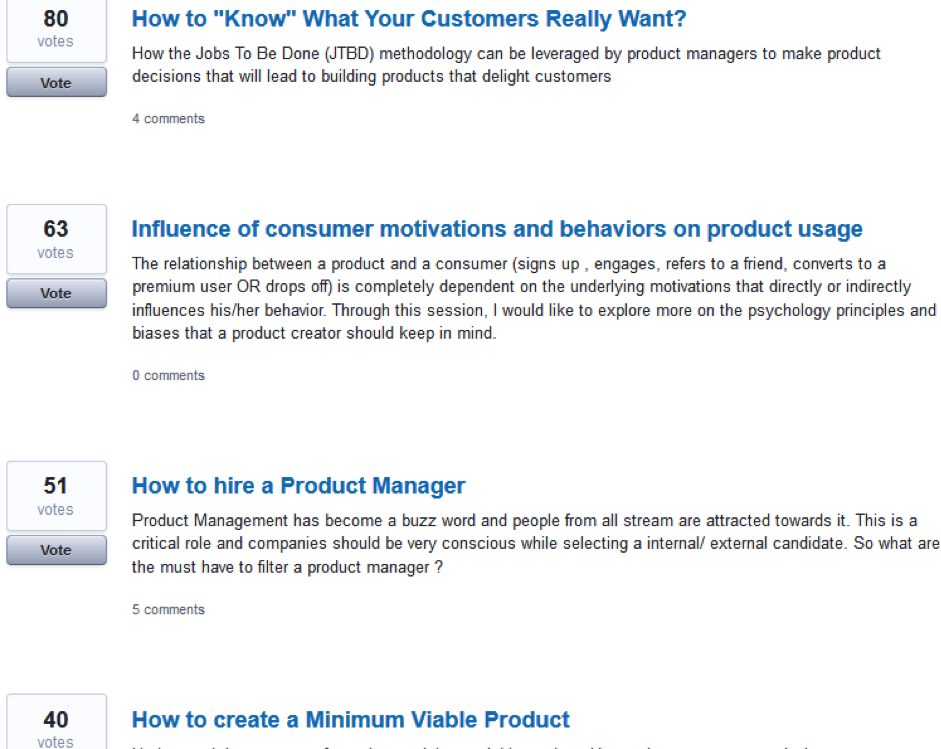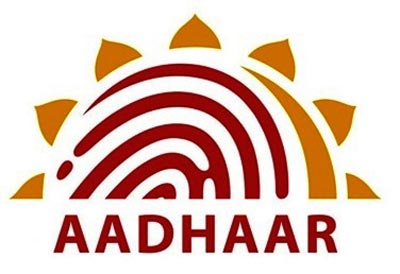Sanjay Jain, Entrepreneur in Residence, Khosla Labs spoke at the IPMA 2nd annual event. The Unique Identification Authority of India (UIDAI) is an agency responsible for implementing the AADHAAR scheme, a unique identification project. It was established in February 2009, with an aim to provide a unique identification number to all Indians, by eliminating duplicate and fake identities. Biometrics features are selected to be the primary mechanism for ensuring uniqueness.
The primary reason for the UID project was to establish the bona fide identity of a person. Lack of an identity proof often excludes people from many facilities and formal systems in society such as opening a bank account or access to public distribution system (PDS). In most cases the rural poor find it difficult to even produce birth records to prove their identity even to claim their (legitimate) privileges.
Sanjay Jain who spoke at the IPMA second annual event which was held on the 8th of December, was the chief product manager for this project. He spoke about 7 principles of Product Management and mapped it to Aadhaar, the ambitious Government Project.
Below is an excerpt from the presentation where Sanjay Jain took the 7 Principles of Product Management elucidated by Deep Nishar (at the NASSCOM Product Conclave earlier this year) and looked at Aadhaar through that lens:
The 7 Principles of Product bliss:
- Know thy User
- Simplicity is a feature
- Embrace Constraints
- Data is your guide
- Innovation is not instant
- Adapt
- Manifest Destiny
Know thy user: Aadhaar has a process called ‘Know Your Resident’ which is about proving the identity of a resident of India. So it has information like their name, finger print, gender, date of birth, where they live, who is their parents etc. which helps knowing the resident intimately through the data collected.
Simplicity is a Feature: What could be simpler than one person – one Aadhaar Id. The principle that Biometrics doesn’t change even with time and they are unique to a person is the basis for issuing Aadhaar.
The biometric of a person – impression of all the 10 fingers and the iris scan are the authentication or the proof of identity. There is no need for an
Aadhaar card, the 12 digit identification number and the biometric of the person are the authentication.
Embrace Constraints: There were many constraints; public funds were used so the accountability was to public as the policies and principles were sacrosanct. So a bunch of architectural principles were defined to guide the project and they were not to be violated. Some of them are:
- To use open source technologies where ever prudent
- The decision not to lock-in any vendor
- Performance matrices are made public
- Strong end-to-end security was ensured
A committee was put in place to take decisions. First data definition standards and biometric data standards were created and a broad concurrence from across the government was obtained to implement the same.
Data is your Guide: A public portal was created which gives complete visibility and transparency to anybody at any time, satisfying RTI norms. A person who has applied for Aadhaar can check status on the UIDAI website by entering his/her 14 digit enrollment id.
The UIDAI being a part of the Central government agency works with the partners whom the state government outsources the work to; they are 3 levels away from central body, so everybody in the chain gets complete visibility to all information. So the processes are standard and details of contracts are available on the partner portal. The operators had to go through rigorous training and certification before they were activated.
Innovation is not instant: Innovation takes time. Central identity repository (CIDR) is the repository where all the identity data pertaining to Biometric subsystem, Demographic data, Business analytics, Infrastructure management, Application servers etc. resides.
The attempt is to build the world’s largest biometric database, India’s current population is 1.21 billion and the UID scheme aims to cover all the residents. No country has attempted an identification and verification system on this massive scale.
The method adopted is ‘the best fingerprint technology’, the resident provides all 10 fingerprints, 2 best finger prints are taken and the success rate is 95%.
Adapt: Competition brought in a drop in prices; for example when the project started the price of the fingerprint scanners, like the ones used in the US immigration, was 5000 USD; it came down to INR 25,000.
Manifest Destiny: To take up a project of this magnitude needed conviction – One needs to believe one can do it, believe in success and work backwards.
Contributed by Mangal D Karnad, Tally Solutions





